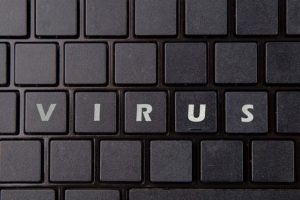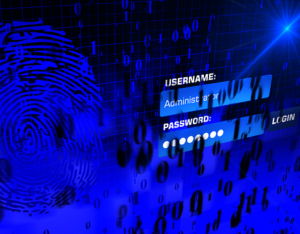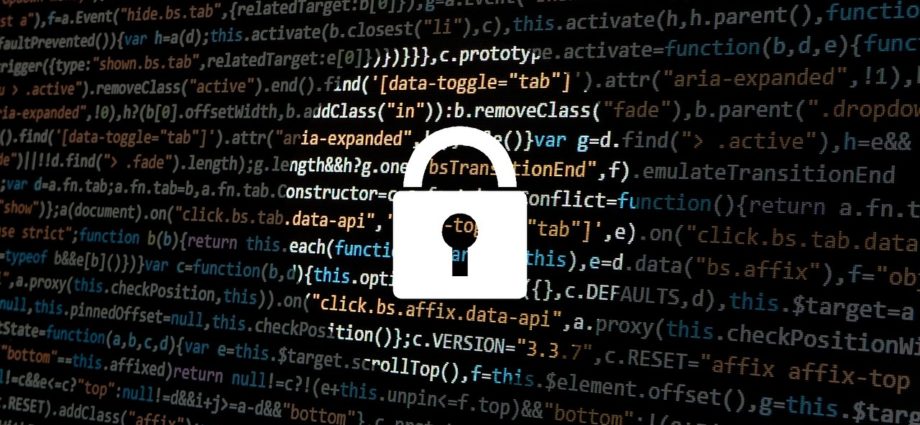You hear about data breaches at big companies and even governments (looking at you, Japan), so it’s no wonder that you are a tiny bit stressed out over how to protect your passwords, credit card and other financial information, as well as personal info online, especially when it comes to the moment when you look up something like Genting casino review 2020. We are here to help.
Shady Sites

Usually, the term “shady sites” refers to sites that either have some explicit or inflammatory material or contraband goods and services. However, there are many more not-so-clean websites out there. If you receive a link from a friend on social media or email with no explanation, don’t click on it. Also, avoid sites that tell you that you are the winner, or promise you certain health benefits. These sites sometimes do a thing known as phishing, where a simple click leads them to your info.
While piracy is sometimes used around the world to connect people and spread educational material, sites that offer free streaming services where you can watch TV shows and movies are also notorious for their adware, malware, and spyware. So, no clicking on any unverified site if you don’t want to lose your data or privacy.
Check Your Finances Regularly
Banks will most likely offer reports on your credit card activity, but you need to check your balance more frequently to find out whether there are any suspicious charges. This goes double if you are shopping, or have shopped, online.
Public Computers

If you’re at an internet café or using someone else’s computer for whatever reason, don’t make any purchases and don’t log into social media. You might allow the computer to save your info for easier logging in later, which allows anyone on the public computer to find out your personal information. If you have to use a computer that does not belong to you, stick to casual browsing. If you really have to check your email or social media, make sure you log out and try to delete your presence from the computer. You could use private browsing, as this stores no history or cookies on the device. Still, we advise against shared devices.
Passwords
There is a reason more and more websites ask you to make a special password with 16 characters, a capital letter, some numbers, symbols, and so on. It’s amazing that even though it’s the 21st century, there are still people out there that use their loved ones or pets as passwords. Don’t do that.

If you go online a lot, chances are you have several accounts. Google accounts, social media accounts, online game accounts, and so on. The important thing is to use a complex password and not to make the password the same for all these sites. If you did that, then the person that accesses your Facebook could also access your mail and so much more. If you are worried about remembering all those passwords, sites allow you to use a recovery email address and reset your password. Again, that’s all the more reason for you to ensure your passwords are hard to crack, though there is no need to make a 30-character password.

